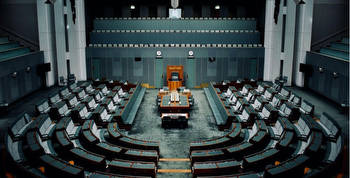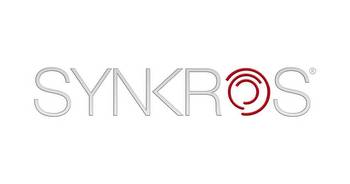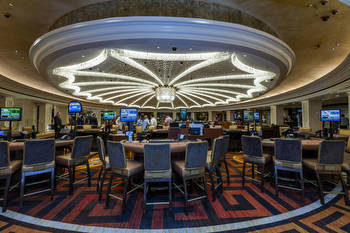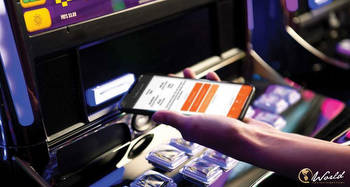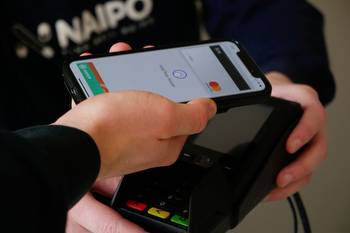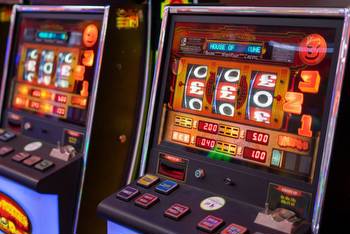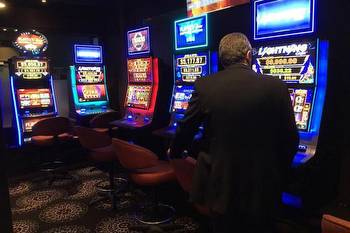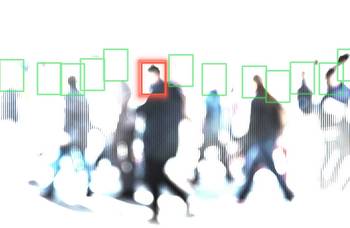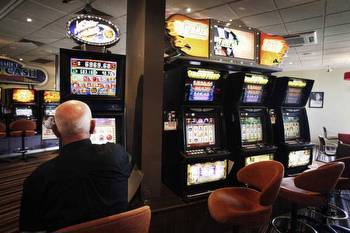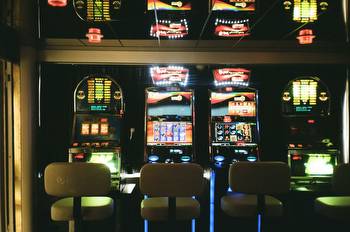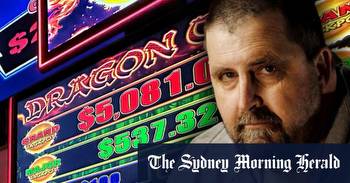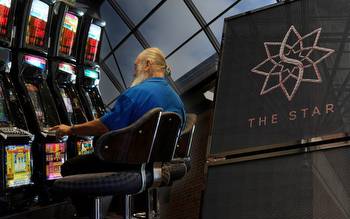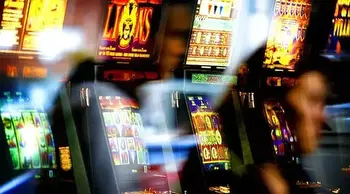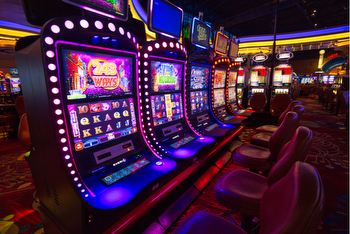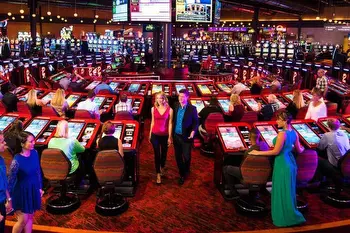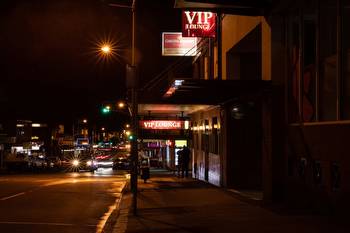NSW parties undecided on telling gambling venues which facial rec to use
Both NSW Labor and Liberal gambling reform packages include using facial recognition technology (FRT), but neither party would confirm the exact vendor technology they plan to use.
Opposition leader Chris Minns announced last month that if Labor wins the March election it will mandate FRT at gaming venues.
ClubsNSW announced in October last year that 100 NSW pubs and clubs had already voluntarily deployed FRT to identify problem gamblers who have opted into the state’s self-exclusion register by matching them to photos the participants supplied.
ClubsNSW declined to comment when iTnews asked which FRT systems venues were using.
The Star Entertainment Group, which deployed 15 new facial recognition cameras last September, also told iTnews it would not “comment on the details of our commercial partnerships.”
Minns said Labor would also create an additional third-party register for identifying “money launderers.”
Shadow minister for digital, Labor MP Yasmin Catley, told iTnews that whether the NSW's Independent Liquor and Gaming Authority would have to approve different FRT systems before venues deployed them would “be addressed in the drafting of [proposed] legislation" and there would be consultation with relevant stakeholders.
In South Australia, where using FRT to identify people on the self-exclusion scheme was mandated in 2020, gaming venues are limited to eight approved vendors. In June 2021, 80 percent of venues had deployed Vix Vizion’s Imagus facial recognition software.
Catley said that unlike South Australia’s law, which only mandates FRT at venues operating 30 or more pokies, “facial recognition technology will be required for all venues that operate gaming machines" under the Labor scheme.
When iTnews asked the minister for gaming Kevin Anderson to clarify the party’s position on FRT, a spokesperson for the Liberal and Nationals-based government said: “The NSW government is currently finalising a comprehensive policy in response to the issues raised by the NSW Crime Commission Report into Gaming Machines, and will have more to say soon.”
The NSW government recently shelved a ‘Registered Clubs Amendment Bill 2022’ that would have allowed, but not mandated, FRT at gaming venues.
The bill was abandoned before crossbenchers could move an amendment to include a mandatory cashless gaming card, which gambling lobby groups strongly oppose.
In a speech introducing the bill to parliament, Anderson said FRT would “be used for gambling harm minimisation or to identify people suspected of committing a serious offence such as money laundering”.
The risk of function creep
The Sydney Morning Herald noted last year that three NSW clubs had bought an FRT solution from a provider that touts on its website that “face recognition can help ensure the right service is delivered to each individual.”
Catley said Labor's proposed legislation "will put in place restrictions that will ensure the technology cannot be used to induce gaming.”
Monash University professor Mark Andrejevic, who studied South Australia’s FRT policy with Monash Data Future Institute, told iTnews that “any time you collect this kind of data, it raises the possibility of function creep.”
“Vendors are already selling facial recognition technology for identifying and monitoring "VIPs" and high rollers, presumably with the goal of getting them to gamble more," Andrejevic said.
"It will be important to ensure that the exclusion system is not used for this purpose.
“The South Australian system is a centrally run one, dedicated only to self-excluded gamblers: clubs do not have the ability to add images for other purposes, and they say that false matches are discarded (so they don't have a stored database of everyone who comes in)."
Greens MP Cate Faehrmann similarly said that mandating FRT at venues was “dangerous” and “could be used by venues to target punters and make them gamble more.”
Andrejevic said that in addition to privacy and behavioural manipulation concerns, “FRT raises issues of accuracy, bias, and discrimination.”
FRT has historically identified individuals in minorities less accurately, which is believed to be the result of who developed and trained the AI.
Andrejevic said that while researching South Australia's mandatory FRT policy, for example, “We heard from venue managers that the technology tends to be less accurate with respect to identifying Indigenous Australians.”
Measuring FRT's effectiveness
The Star Entertainment Group has detected 700 percent more excluded persons since it installed FRT at its Sydney casino in 2019.
The Star submitted to an inquiry into money laundering at its Sydney venue that FRT had made the casino “substantially more effective at preventing exclusion breaches.”
“In the six months prior to the introduction of facial recognition technology (in April 2019), The Star detected an average of 14 excluded individuals on-site per month. In the six months after the introduction of this technology, the average number of detections rose significantly to 167 per month,” it said in the NSW’s Independent Casino Commissioner’s report last year.
The report found that “facial recognition technology is not perfect. There have been instances where excluded patrons have gained entry to the casino and have managed to gamble, including at some length.”
The report recommended preventing money-laundering with a cashless gaming card, which the Star submitted would be “disproportionately impactful on the right to privacy and free access to the casino (in line with its licence), for the vast majority of patrons.”
Andrejevic interviewed self-excluded gamblers and their family members while researching South Australia's mandatory FRT policy, and said they "tended to be supportive of any measure that might assist".
“At the same time, several people told us they think cashless cards with a pre-commitment system would be a more effective approach," he said.
“We also interviewed venue managers who said FRT was more effective than the existing system, which requires them to memorise images in the self-excluded gambler database.”








